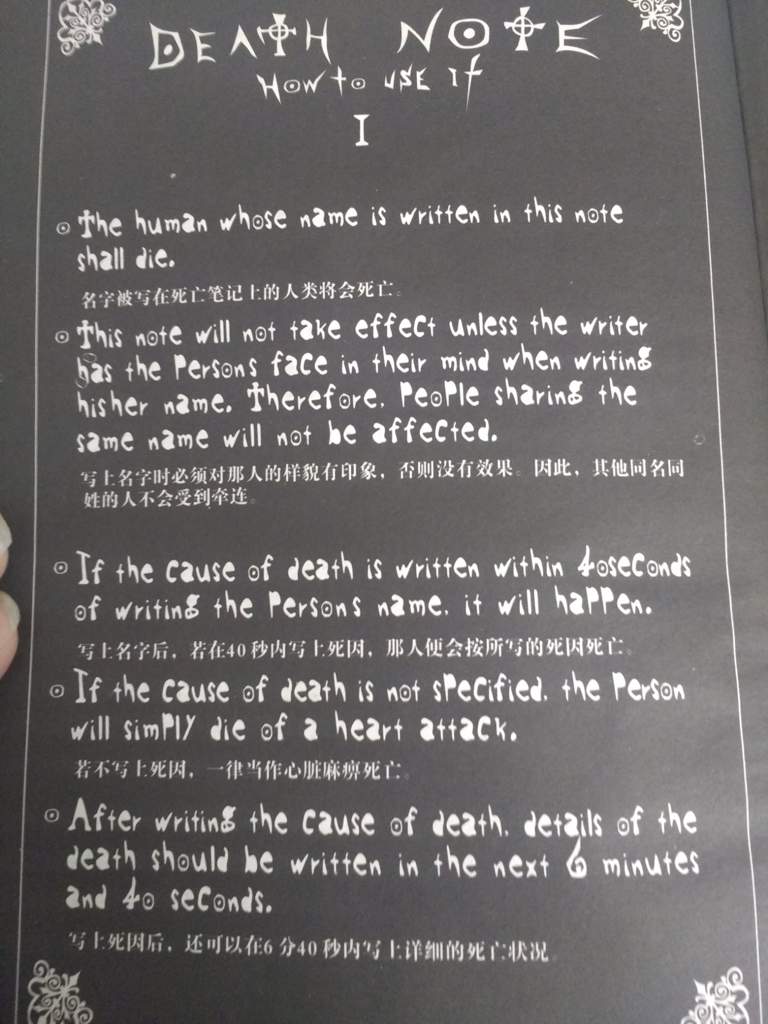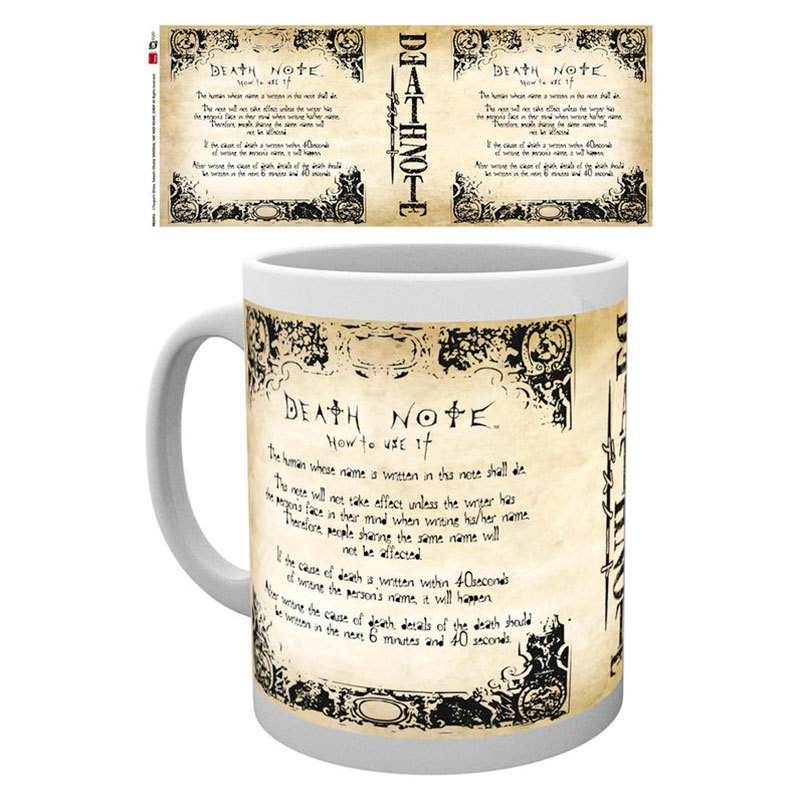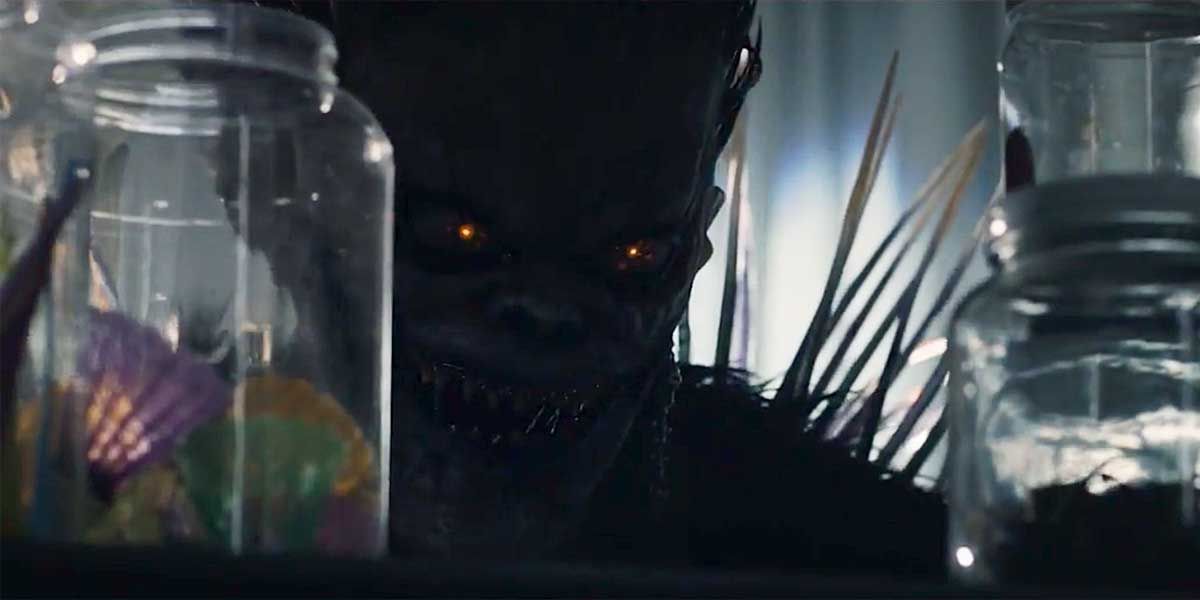

So this past summer, at the age of 38, I finally went to see a doctor. In the wake of my father’s health issues and Mr.

died because as a Black man in America, he was taught to prepare for his death long before it happened. Because he was tired of a country that neglected him from the moment he was born. But I think my father died because he was tired of living. At the age of 72, my father died of natural causes. These were consequences not only of Vietnam but also of Pensacola, Fla., still segregated when my father grew up there in the 1950s and ’60s. Later, my father suffered from dementia, bipolar disorder and post-traumatic stress disorder. Loving and brave, boisterous and dangerous, my father was a bomb waiting to explode.

Afterward, he would often tell my mother that he wasn’t sure if he had murdered any children while on active duty. Drafted into the Army in 1968, he left Vietnam in 1970 with a Bronze Medal. Trauma and suffering are relative, but my father suffered more than most. I lost my father in September, but I had been expecting his death for years. Black women are 60 percent more likely than non-Hispanic white women to have high blood pressure and three times as likely to die from a pregnancy-related cause as white women are. It is a silence most familiar if you are born a Black man in America.īlack men are not alone in this - the health care outcomes for Black women show similar inequity. Williams, the rappers Nipsey Hussle and Young Dolph, and George Floyd, Ahmaud Arbery and Eric Garner among them. It is a silence familiar to those who share air, space and lifetimes with Black men who have gone too soon - the actor Michael K. Abloh in those two years that he knew he was ill? Was he watching the clock, the minute hands meeting glorious, terrifying hours, like my father did, like I do? Their privacy about their struggles is a shattering kind of silence. It’s a story reminiscent of Chadwick Boseman’s, who died from colon cancer in 2020 following his diagnosis in 2016. Abloh, a fashion designer and icon, hid his diagnosis of cardiac angiosarcoma, a rare type of cancer, from the public. To know Blackness is to know death, as close to us as breath is to being. We thought of all the other Black men we’ve loved and lost too early: our friends, our fathers, our brothers. When Virgil Abloh died last week at the age of 41, I thought of my father.


 0 kommentar(er)
0 kommentar(er)
